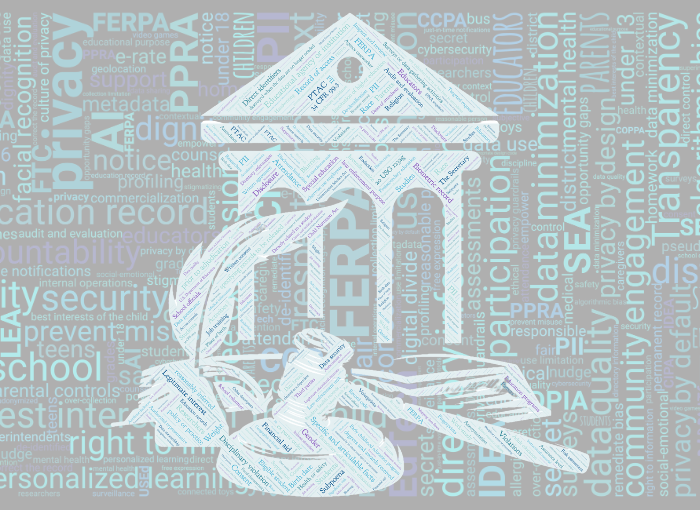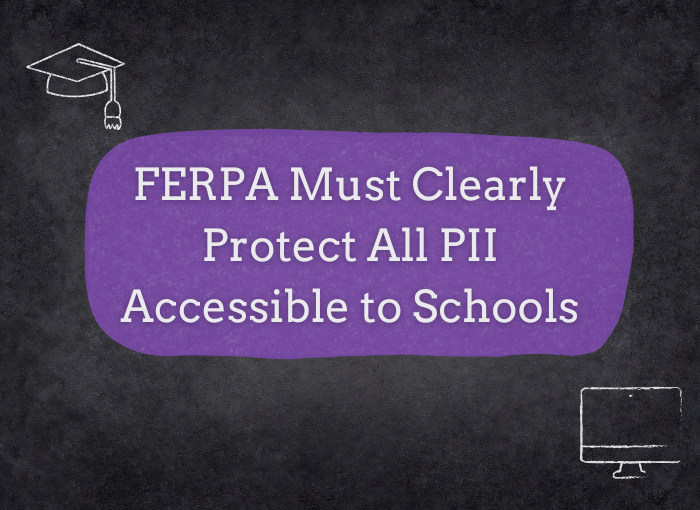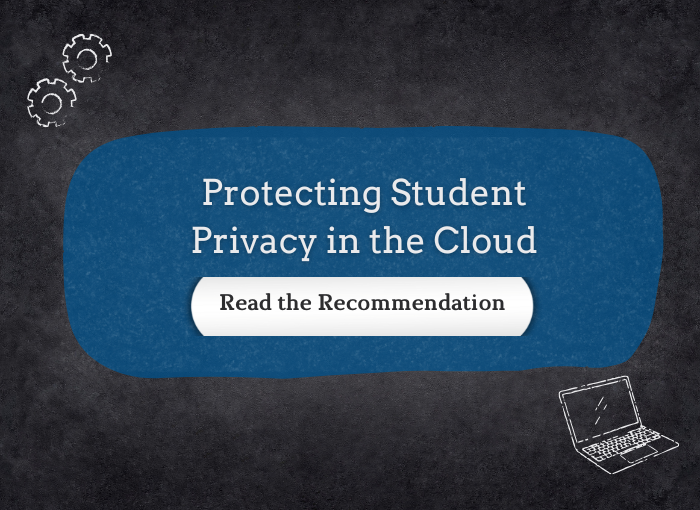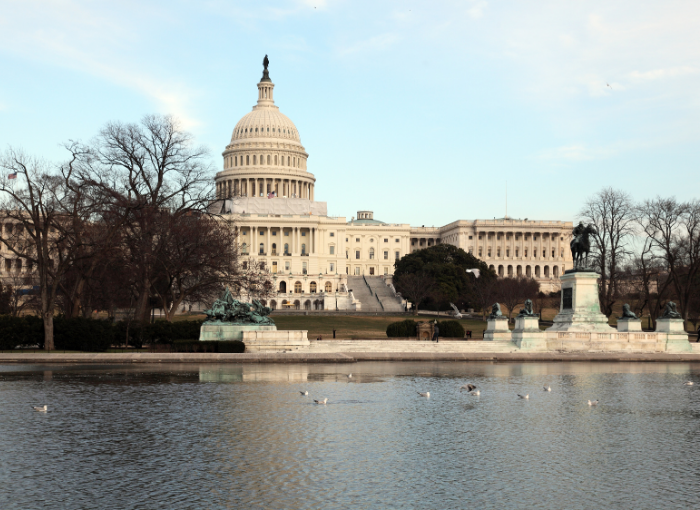FERPA Priorities in the New Administration
FERPA Priorities in the New Administration May 7, 2025 Amelia Vance and Morgan Sexton CC BY-NC 4.0 TLDR: Within the first month of the new Secretary of Education being confirmed, the U.S. Department of Education (USED) announced FERPA enforcement priorities. This reflects an unprecedented focus by a new presidential administration on student privacy. The priorities flagged by USED include: Parental Right to Inspect and Review Education Records; Safety of Students; Annual Notification of Rights; and Military Recruiters. USED also asked State Education Agencies (SEAs) to submit documentation on their and their LEAs FERPA compliance. USED’s focus on FERPA compliance […]
FERPA Priorities in the New Administration Read More »










